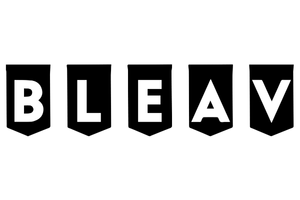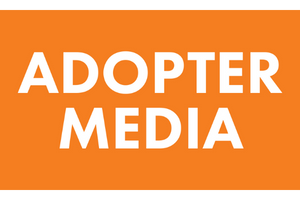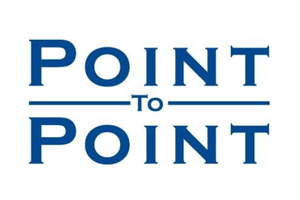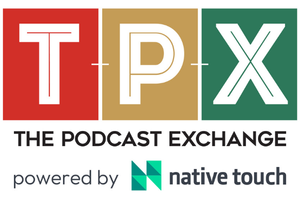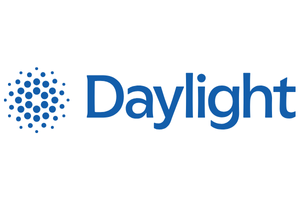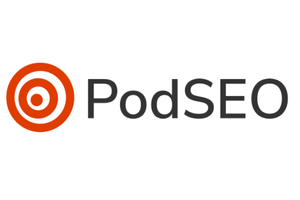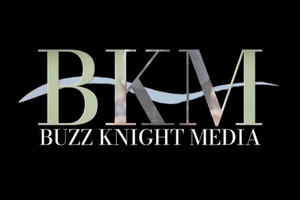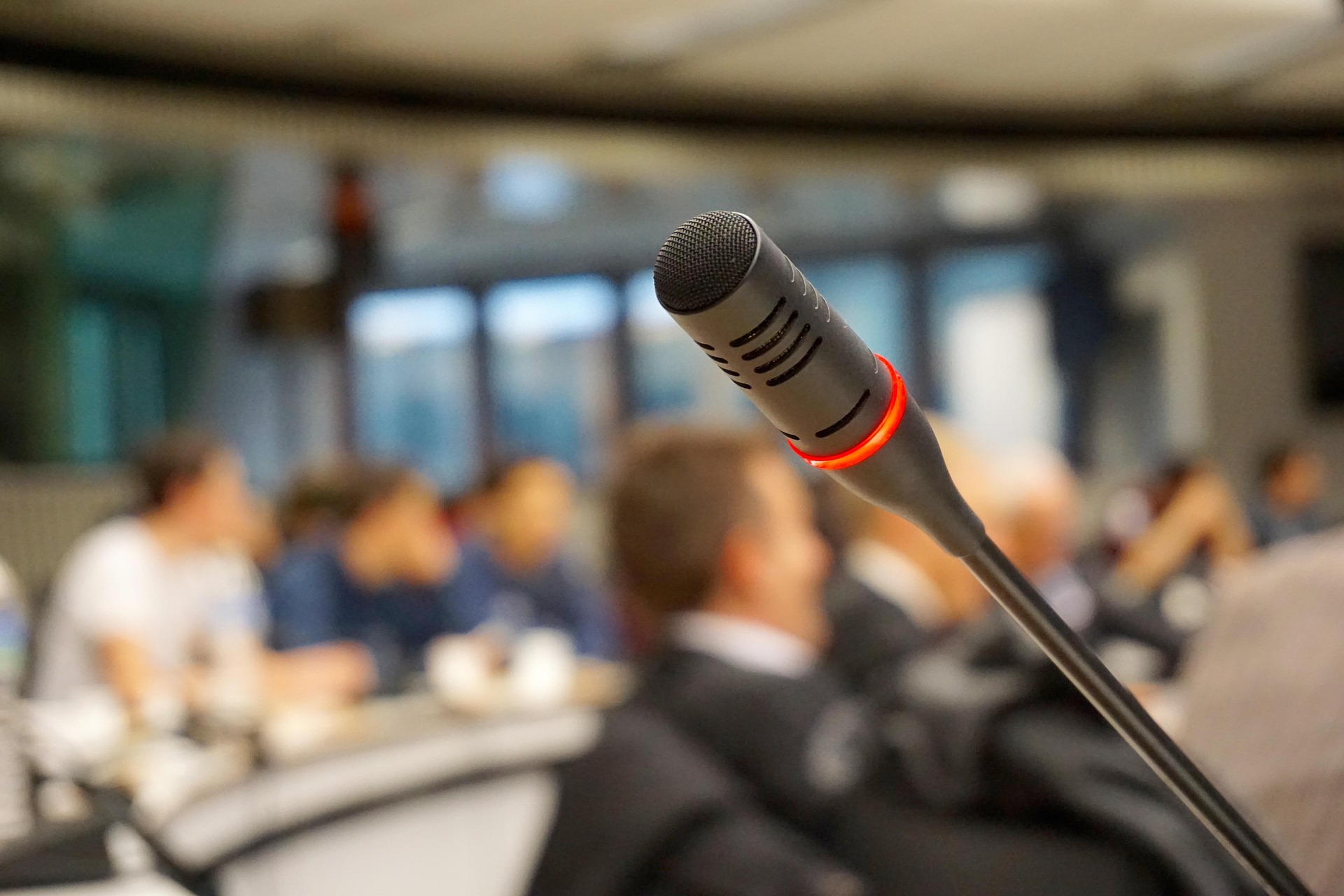I’ve been trying to isolate what makes Armchair Expert with Dax Shepard such a great podcast—and it really is a great podcast. I was drawn to it somewhat randomly this weekend to listen to an episode with actor Timothy Olyphant, because I’m a massive Timothy Olyphant fan. I found myself binging episode after episode after episode, to a potentially toxic level of podcasting. I don’t know.
But I think there are some things that any podcaster could take away from the show to improve their own podcast, especially if you’re doing an interview show. We are lousy with interview shows, and many of them are not good. But Dax and his podcast partner Monica Padman are exceptionally good, and here’s why.
First of all, the show is incredibly well researched. There’s obviously a lot of work put into it, and Dax has an enormous command of facts and research when he sits down with somebody. He’s done his homework. He’s not the mail-it-in Larry King of his later TV years. He’s someone who really reads up and, interestingly, tries to get into the psychology of the guest or the subject of the interview—even tying together narrative threads from that person’s past that point to specific traits that maybe the guests themselves haven’t even connected. And you know, Dax is just an interesting dude, so that makes it all work.
But there are other things that I think any podcaster could take away from the show. First of all, the incredible importance of his co-host, Monica Padman. Monica used to be his and his wife Kristen Bell’s nanny, believe it or not, and she has a background in psychology. They also do this fantastic segment that comes at the end of the show called Fact Check. I love that. Monica basically goes through and identifies facts from the interview that were wrong or right or, you know, on further review. That Fact Check segment is absolutely one of the most popular features of the show. It’s a little lagniappe, I guess, as people in New Orleans would call it.
But ultimately, the real reason I think Dax is so good at this—and he is exceptional at this—is that he practices what relationship psychologists call “sustained, escalating, reciprocal, personal self-disclosure.” This comes from a famous 1997 study by Arthur Aron and colleagues that found this pattern of mutual vulnerability is key to building close relationships—it’s the research behind those “36 questions to fall in love” that went viral years ago.
Obviously, the show is very conversational. It never feels like an interview. It never feels like the guest is being grilled. It’s a three-way conversation. And what makes it a conversation is that there’s an escalating reciprocity that happens. Dax does not ask you something that he would not answer himself, and he often will volunteer that kind of information even if it’s not flattering to him. He’ll be extremely vulnerable, and that vulnerability escalates throughout the show. So escalating reciprocal vulnerability, I think, is the term. That’s just a wonderful technique—and it never feels like a technique—that I think any podcaster could use to their advantage. Simply offer up little pieces of yourself if you’re going to ask someone else to do the same. It’s just being a good neighbor.
All of that just goes together so well. The guests are interesting, but you know, an interview is only as good as the interviewer. The level of research, the quality of the editing, the conversational style, the very important role of Monica on the show, but ultimately, that escalating reciprocal vulnerability—I think that’s what really makes the show sing. I think any podcaster doing an interview show could learn a lot from it.
I think it’s a show that works very well at its current length. I don’t think I would want it to be any shorter. I don’t know that I would want it to be any longer. But, food for thought. I don’t often talk that much about the craft here in this newsletter, but I’ve certainly disrespected some interview podcasts in this space, so I thought it would only be fair for me to highlight one that’s truly great.
New Partners
Sounds Profitable exists thanks to the continued support of our amazing partners. Monthly consulting, free tickets to our quarterly events, partner-only webinars, and access to our 1,800+ person slack channel are all benefits of partnering Sounds Profitable.
- As a Sounds Profitable partner, Spotify seeks to advocate for the continued growth and evolution of podcasts, in ways that benefit creators, publishers, and listeners alike.
Want to learn more about partnership? Hit reply or send us an email!





















